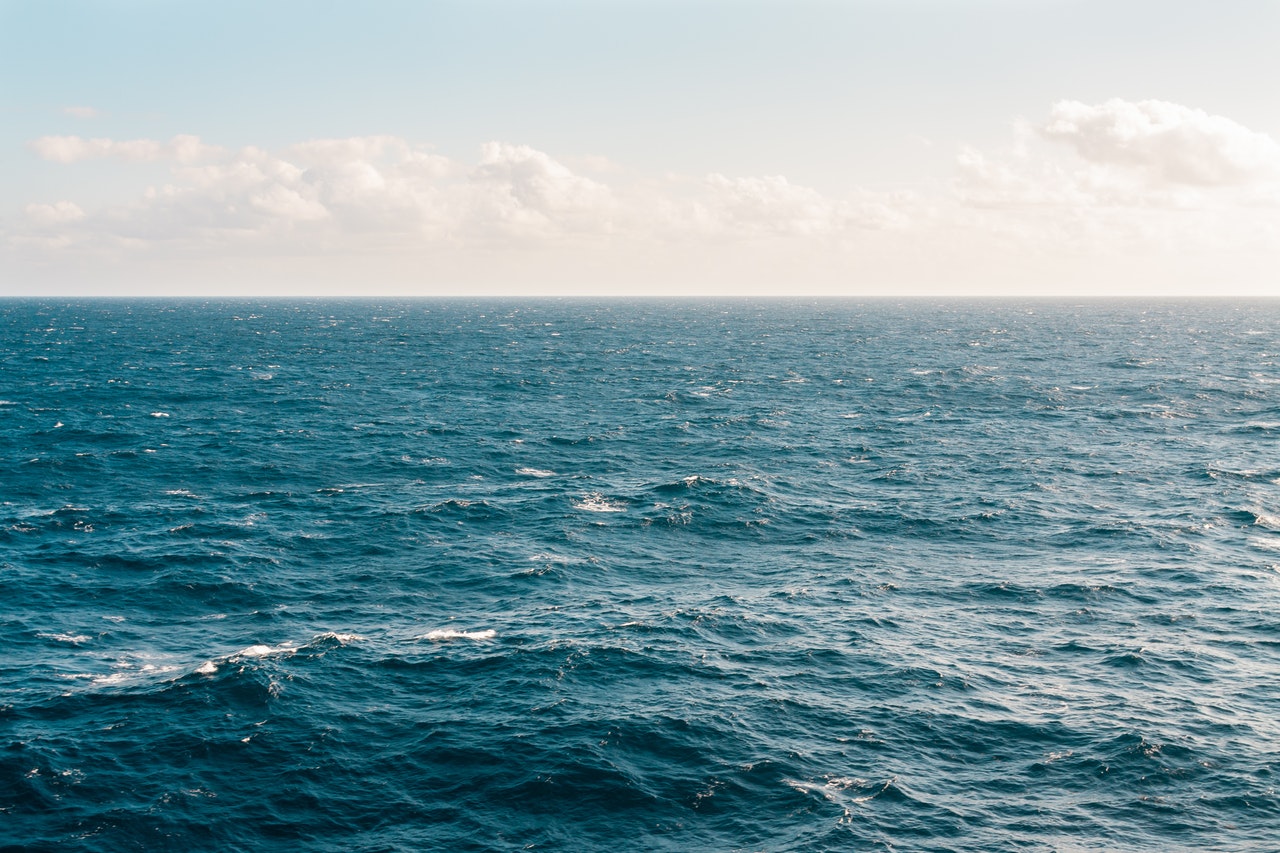Active shipping around the Japanese islands does not allow the Japanese to deploy conventional tidal power plants, and therefore Japanese experts are now developing and testing underwater power plants immersed in water to a depth of more than 50 meters.
Successful testing of early prototypes of such power plants leads to Japan’s plans to build extensive networks of 2-MW standard tidal turbines by 2030.
The development of the Kairyu Tidal Ocean Power Plant was started by IHI and NEDO scientists in 2011. By 2017, the partners assembled a 100 kW unit in the form of three 20-m floats with two 11-m blades (two 50 kW generators).
The immersion depth of 50 meters was chosen for safety reasons during typhoons, when you will not surprise anyone with the 20th wave, although the closer to the surface, the more influential the movement of water masses.
The most promising place for installing underwater tidal turbines near Japan is the Japan Current (Kuroshio) area off the country’s southern and eastern coasts in the Pacific Ocean. The potential current power is estimated at 205 GW.
IHI and NEDO are planning to build a 2MW tidal power plant with 40 blades for commercial use. A distributed network of such turbines could significantly contribute to providing the islands with electrical energy.
According to Japanese experts, this type of network could generate electricity at the price of solar energy. At the same time, the efficiency of tidal power plants is much higher than that of solar farms.
Thus, the installed capacity utilization factor (ICUF) for solar farms is only 15%, while for tidal power plants, it reaches 70% and approaches the ICUU of thermal power plants with 80%.
After the accident at the Fukushima nuclear power plant, Japan has problems with developing a peaceful atom. Also, there are no areas for full-fledged solar energy in the country, and the winds are not as predictable as in Europe. Tidal power plants could be the foundation in Japan around which the government will build carbon-free energy.

